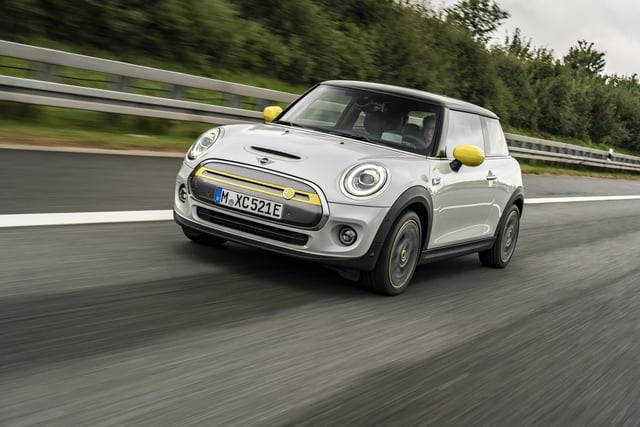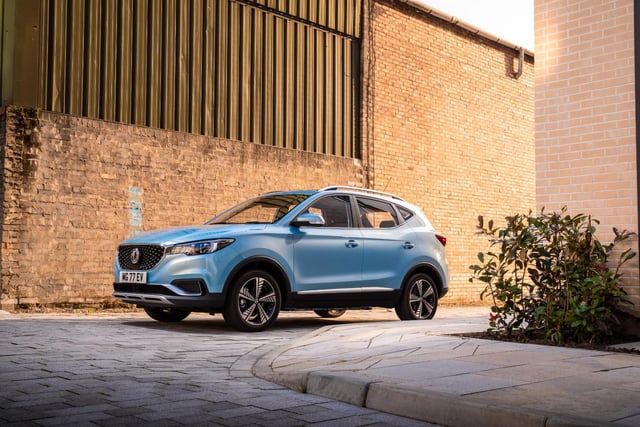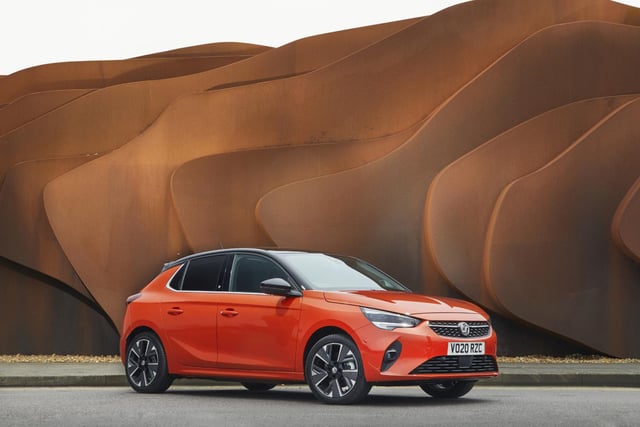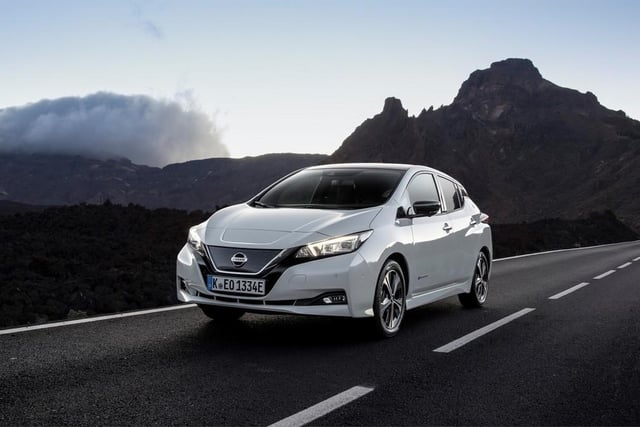2020 has been a big year for electric cars.
Despite the difficulties faced by the car industry and buyers, sales this October were almost double what they were in October 2019 and there have been in the region of 20 new models launched or announced since the start of the year.
And with news the Government plans to ban all new petrol and diesel cars within a decade, there’s never been a better time to consider switching to an EV.
Some models, such as the Porsche Taycan remain out of the reach of most drivers and there’s no doubt EVs are more expensive than a petrol or diesel equivalent but a growing number are within reach of the average motorists.
Here we run down the cheapest new electric cars available to buy or order right now. We’ve discounted the £10,000 Renault Twizy on the grounds that it’s actually a quadricycle and unlikely to be anyone’s main means of transport.
All the prices listed here are before the Government's £3,000 plug-in car grant and excluding any special offers manufacturers are currently running.
And with news the Government plans to ban all new petrol and diesel cars within a decade, there’s never been a better time to consider switching to an EV.

5. Mini Electric, £28,100
Getting in ahead of its natural rivals the Fiat 500 Electric and Honda e, the Mini Electric was the first of the cutesy retro city cars to go electric. It keeps the three-door hatch’s familiar looks but with subtle clues to its drivetrain. That drivetrain uses a 32.6kWh battery and a 182bhp motor driving the front wheels. Acceleration is a Cooper-beating 7.3 seconds but too much of that will eat into the official 145-mile range. Your £28,100 gets you the basic Level 1 car, with prices rising to more than £30,000 for the top-spec Level 3 model. Photo: MINI

6. MG ZS EV, £28,495
The ZS EV is the first all-electric car from budget brand MG, launched at the start of 2020. It’s also one of the first all-electric models in the C-SUV segment. What it lacks in glamour, it makes up for with high equipment levels, a decently spacious interior and a 44.5kWh battery that’s good for 163 miles of zero-emissions motoring. Photo: MG

7. Vauxhall Corsa-e, £29,415
Based on the same new platform as the more expensive Peugeot e-208, the Corsa-e is Vauxhall’s first all-electric version of its best-selling supermini. Powered by a single electric motor with 134bhp and 192lb/ft of torque, the Corsa-e can hit 31mph in 2.8 seconds and 62mph in 8.1 seconds. A 50kWh battery offers up to 209 miles of range and two trim levels keep options simple for buyers. Photo: Vauxhall

8. Nissan Leaf, £29,845
The Leaf is the granddaddy of mainstream EVs and remains one of the default choices for buyers looking to switch from conventional engines to electric. Apart from the slightly gawky looks it’s a fairly standard family hatchback but with an all-electric drivetrain. Since mid-2019 it’s been available in two versions - the less powerful standard car has a 148bhp motor and 40kWh battery while the E+ gets a beefier 212bhp motor and a 62kWh battery. The standard car’s range is stated at 168 miles, while e+ stretches that to 239 miles. Both accept DC rapid charging of up to 50kW and feature Nissan’s neat e-pedal which allows for single-pedal driving. Photo: Nissan

